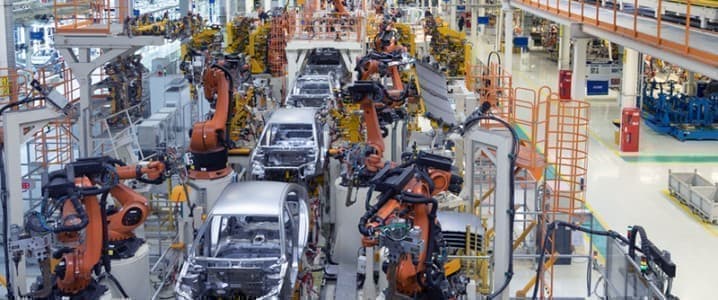China is investing in EV factories, battery plants, and all sorts of other transition tech around the world. It is building EV factories and battery plants abroad to retaliate against a tariff push in the West that may prove to be just as counterproductive as sanctions on Russia.
In June, the media reported that European governments were competing for Chinese financial attention. At the EU level, there was increasingly louder talk of import tariffs as the bloc tried to build its own transition supply chain very much from scratch in a bid to protect local industries from cheaper—and superior—Chinese tech. At the national capital level, however, money talked louder.
Hungary is one beneficiary of what the Financial Times reported was a “tsunami” of transition investments across the world. The central European country, which is often at odds with the central EU government in Brussels, hosts two South Korean battery plants and EV giant BYD has picked it for the location of its first European factory. Poland is another beneficiary of Chinese transition investment—China’s Leapmotor and its new joint venture partner, Stellantis, will build an EV factory there.
Meanwhile, BYD is also planning an EV factory in Mexico for the same reasons it is building one in Europe: the tariff push. Naturally, this tactic of setting up local production to beat the tariffs has raised Washington hackles. U.S. politicians are now trying to pressure Mexico into being less hospitable to Chinese investors, as Reuters reported in August. The pressure campaign worked, too, with the Mexican authorities refusing to provide Chinese EV investors with any incentives available to other carmakers. The problem: they could just take their business elsewhere.



So what you’re saying is tariffs are necessary.